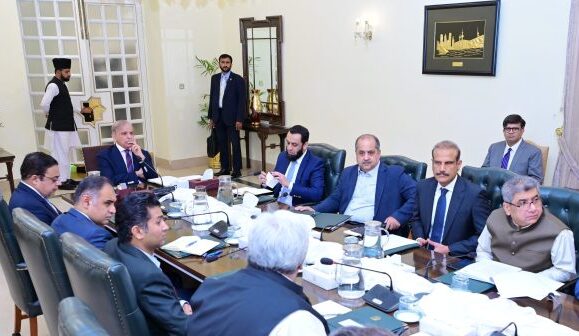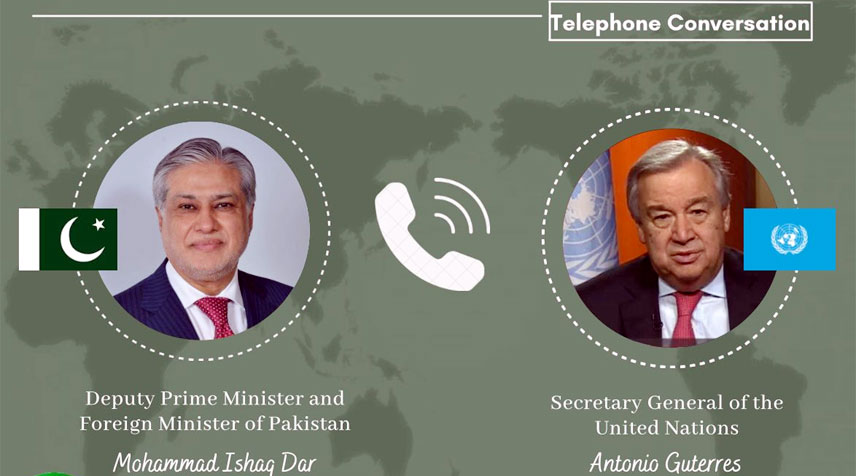
Pakistan Raises Concerns Over TTP Threat at UN Security Council
- Diplomatic NewsWorld News
- September 19, 2024
- No Comment
During a session at the U.N. Security Council, Ambassador Munir Akram of Pakistan warned that the Tehrik-e-Taliban Pakistan (TTP) is becoming a significant umbrella organization for various terrorist groups, protected by the Taliban in Afghanistan. He stressed that this poses a destabilizing threat not only to Pakistan but to the broader region.
Ambassador Akram highlighted the increasing danger of a strengthened TTP, urging that nations should be aware of this emerging threat alongside their concerns about Daesh. He affirmed Pakistan’s intention to take decisive national action and collaborate with both regional and international organizations to tackle the TTP menace.
Providing details on the TTP’s violent cross-border activities, which have resulted in significant casualties among civilians and soldiers, he labeled the group, referred to in Pakistan as Fitna Al Khawarij, as a serious concern that should alarm the entire international community.
Reflecting on the situation in Afghanistan, Akram noted that three years after the Taliban’s takeover, normalization remains elusive. Key issues like terrorism, human rights violations, political inclusion, and refugee crises must be addressed to move forward.
He emphasized that terrorism from Afghanistan represents the most pressing threat to stability in the region and beyond, citing a recent U.N. report that identified the TTP as the largest terrorist group in the country, benefiting from Taliban support for its operations against Pakistan.
The Ambassador also expressed grave concern regarding human rights abuses under the Afghan Interim Government (AIG), particularly against women and girls. He condemned the AIG’s failure to uphold its commitments and the introduction of measures aimed at silencing women’s voices, which he argued contradict the principles of equality espoused by Islam.
While maintaining Pakistan’s readiness for constructive dialogue with the Taliban, he warned against allowing the regime to exploit regional dynamics to evade accountability.
Addressing the humanitarian crisis, Akram pointed out that 23.7 million Afghans are in dire need of assistance. He called for the international community to provide aid unconditionally, noting that the Afghanistan Humanitarian Needs and Response Plan has received less than a quarter of the necessary funding.
In addition, he reaffirmed Pakistan’s commitment to supporting Afghanistan’s economic recovery, highlighting the need to stabilize the banking system and unfreeze national reserves. Akram concluded by reiterating Pakistan’s role in enhancing trade and infrastructure initiatives that would foster regional economic stability.







